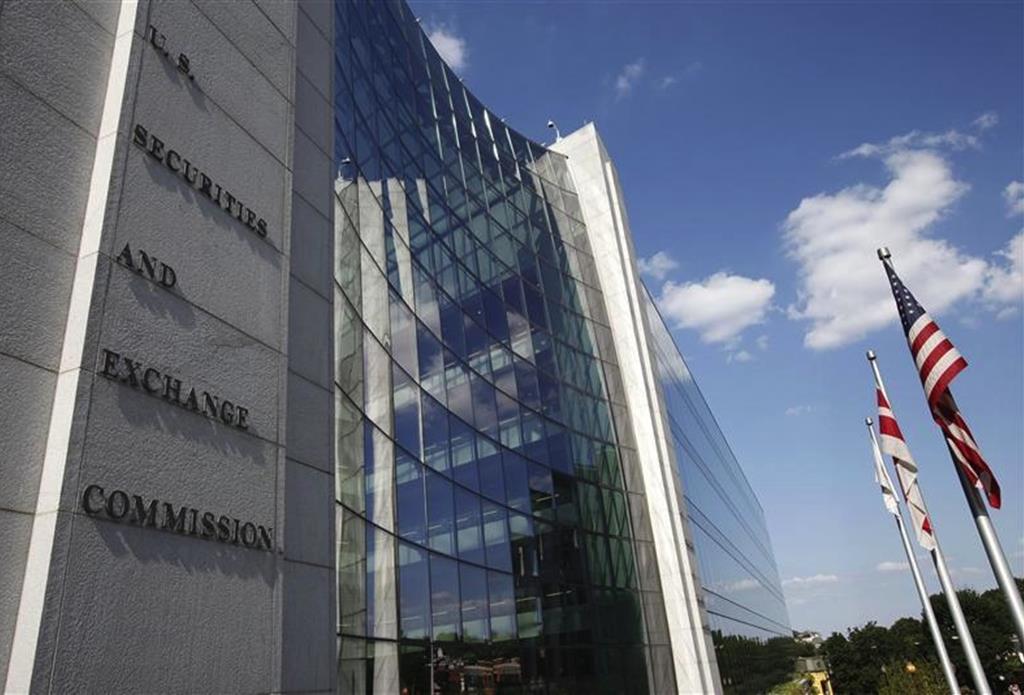The U.S. Securities and Exchange Commission has made it clear it is looking to apply securities laws to everything in the cryptocurrency sector, from exchanges to digital asset storage companies.
“If a platform offers trading of digital assets that are securities and operates as an ‘exchange’, as defined by the federal securities laws, then the platform must register with the SEC as a national securities exchange or be exempt from registration. The federal regulatory framework governing registered national securities exchanges and exempt markets is designed to protect investors and prevent against fraudulent and manipulative trading practices,” the commission said in its “Statement on Potentially Unlawful Online Platforms for Trading Digital Assets“.
When trading digital assets that are securities, the U.S. Securities and Exchange Commission recommends that investors use a platform or entity registered with the SEC, such as a national securities exchange, alternative trading system (“ATS”), or broker-dealer.
The SEC staff has concerns that many online trading platforms appear to investors as SEC-registered and regulated marketplaces when they are not. Many platforms refer to themselves as “exchanges”, which can give the misimpression to investors that they are regulated or meet the regulatory standards of a national securities exchange.
In the United States, a security is a tradable financial asset of any kind.
The Securities Exchange Act of 1934 defines the term ‘security’ as: “any note, stock, treasury stock, bond, debenture, certificate of interest or participation in any profitsharing agreement or in any oil, gas, or other mineral royalty or lease, any collateral-trust certificate, preorganization certificate or subscription, transferable share, investment contract, voting-trust certificate, certificate of deposit, for a security, or in general, any instrument commonly known as a ‘security’; or any certificate of interest or participation in, temporary or interim certificate for receipt for, or warrant or right to subscribe to or purchase, any of the foregoing; but shall not include currency or any note, draft, bill of exchange, or banker’s acceptance which has a maturity at the time of issuance of not exceeding nine months, exclusive of days of grace, or any renewal thereof the maturity of which is likewise limited”.
Earlier this month, the U.S. Securities and Exchange Commission has subpoenaed TechCrunch founder Michael Arrington’s $100 million cryptofund in a broader investigation into the cryptocurrency sector. The SEC has become increasingly vocal about token sales over the past several months. The Wall Street Journal reported, citing sources, that the SEC has issued “scores of subpoenas,” including requests for information about sales of new coins and tokens.
Image source: sec.gov












